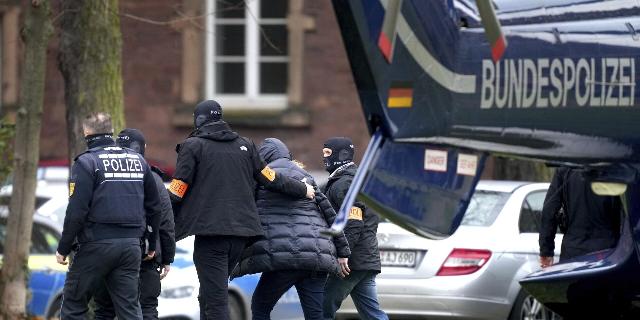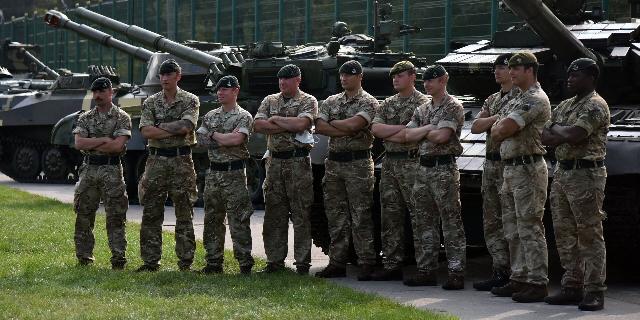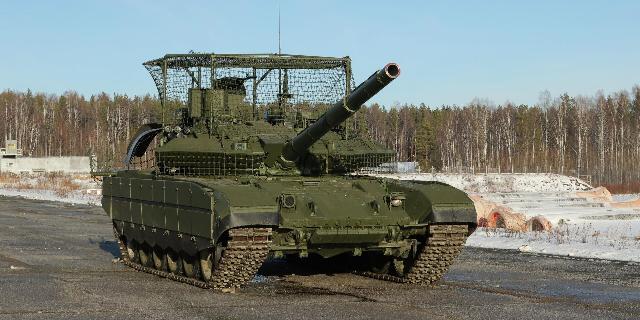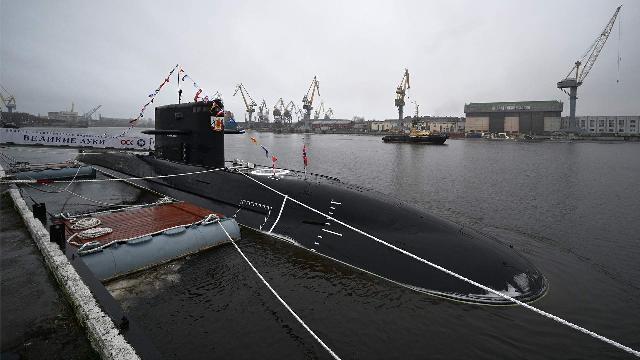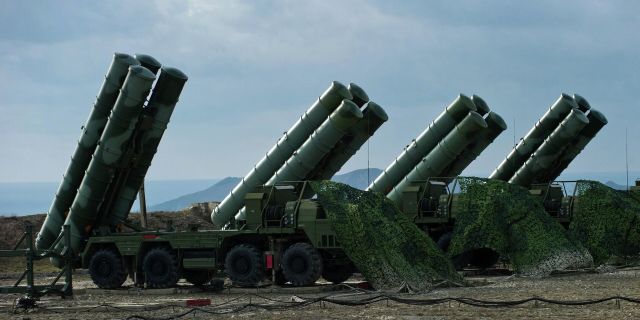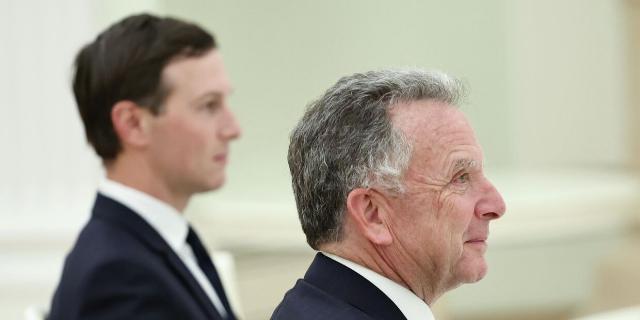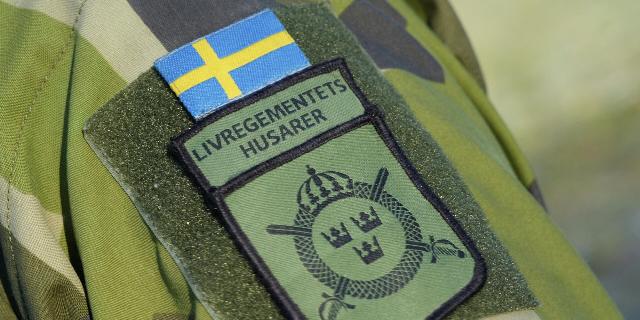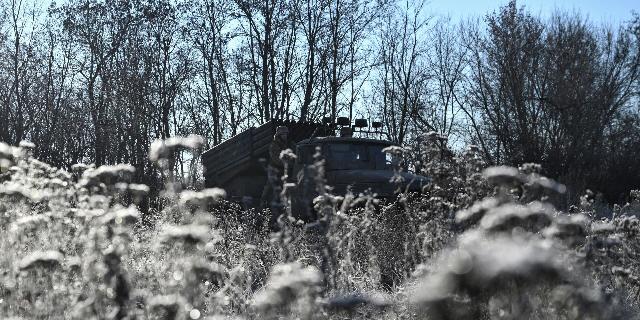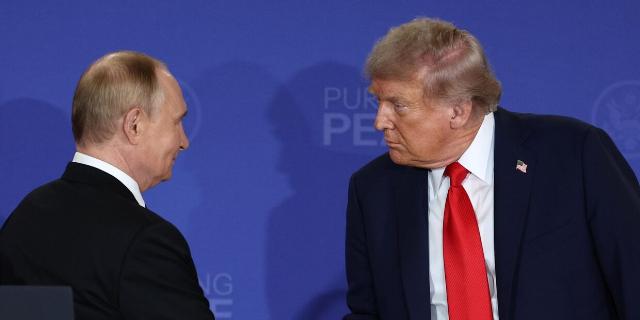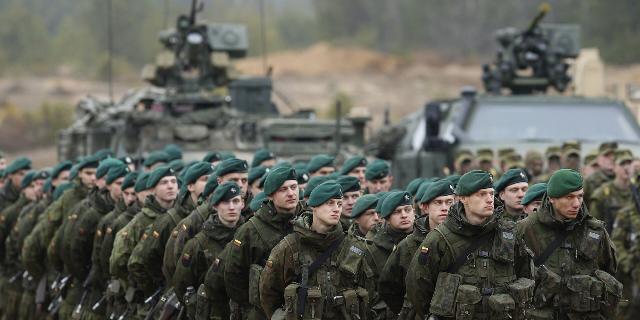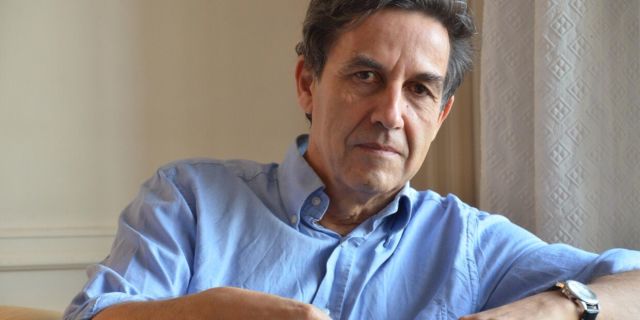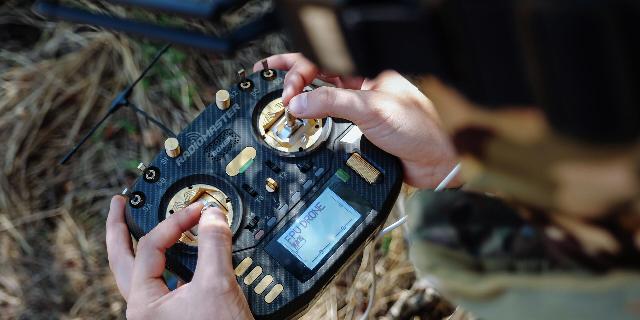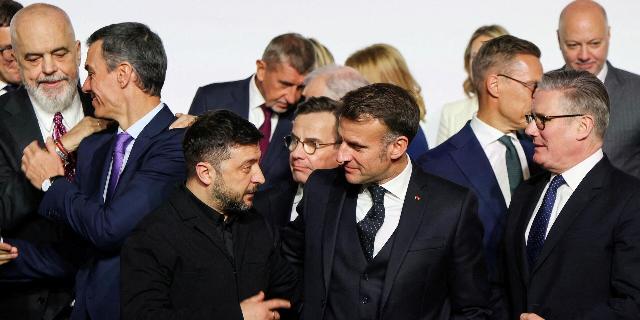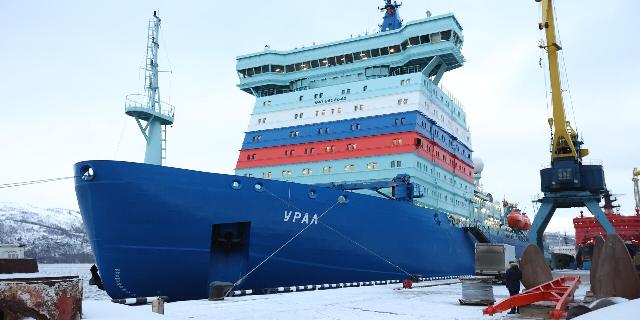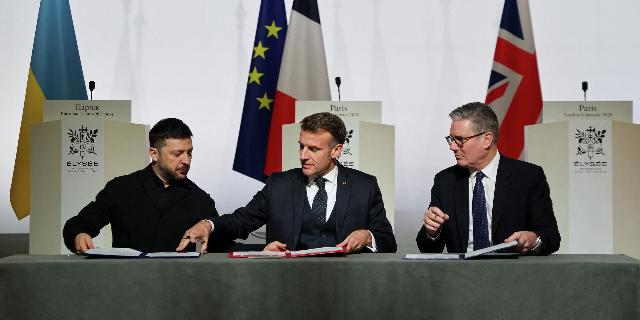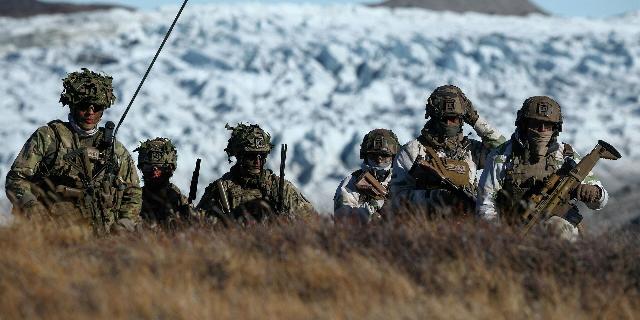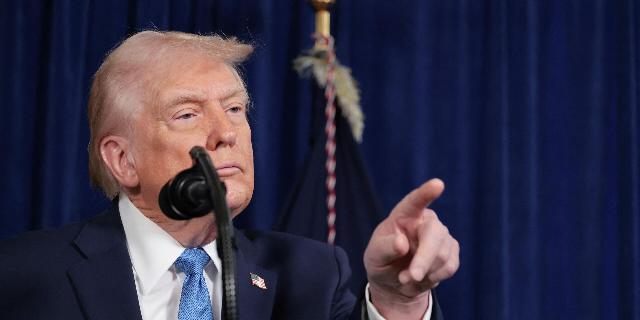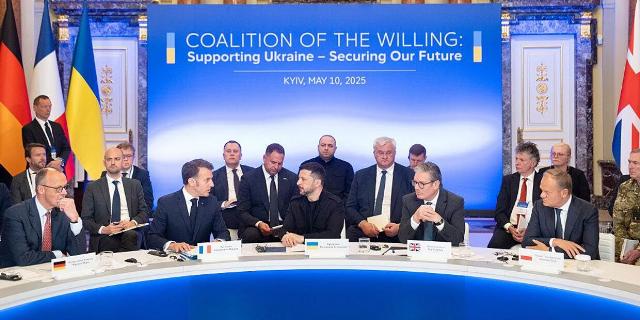Global security news
The fight against terrorism: why Merz should be afraid of Trump (Bild, Germany)
Bild: German intelligence is 90% dependent on data provided by the United States
Germany is not ready for defense and cannot even cope with terrorists, writes Bild. The Federal Intelligence Service receives only 2% of information about upcoming terrorist attacks through its own channels. Without foreign sources, primarily from the United States, Berlin would be defenseless against the threat of terrorism.
Britain to send "less than 7,500" troops to Ukraine (The Times, UK)
The Times: Britain will send no more than 7,500 troops to Ukraine
Britain can send no more than 7,500 troops to Ukraine, The Times writes. The same is expected from France. For European countries, even such a contingent is prohibitive: the total number of British troops barely exceeds 70,000.
Modernization and increased efficiency in combat: the Russian army has received new T-90M (Military Watch Magazine, USA)
MWM: By 2028, Russia will produce 1,000 T-90M tanks annually
The Russian army has received a new batch of T-90M "Breakthrough" tanks from Uralvagonzavod, writes MWM. Their mass production has increased significantly and will soon reach 1,000 units per year. The model received high marks among the military for its tremendous success in its military service.
Marine with power: how the Russian Navy was replenished in 2025
The Russian Navy received three submarines and 19 surface ships and vessels
In the past 2025, events of key importance for the country's defense capability took place in the field of military shipbuilding in Russia. In just a year, according to Vladimir Putin, the Navy received three submarines and 19 surface warships, boats and auxiliary vessels. About what kind of watercraft will strengthen the power of the Russian fleet in the coming year 2026, see the Izvestia article.
The myth of the S-400: why the power of the Russian air defense is exaggerated (Business Insider, Germany)
The S-400 poses a great danger to NATO, warns a Business Insider columnist. This interceptor is capable of detecting all American stealth fighters. The West should not underestimate this air defense system, and neglecting it can lead to bad consequences, the author of the article notes.
Ukraine's allies are seeking commitments from the United States to deploy troops after the end of hostilities (Bloomberg, USA)
Bloomberg: negotiations between Europe and the United States on security guarantees will be held in Paris
Negotiations between representatives of the United States and European leaders on security guarantees for Ukraine will take place in Paris today, Bloomberg reports. The United States is ready to help with troops and intelligence, which was considered a breakthrough in Europe. The negotiators are just going to put Russia in front of the fact.
The defense industry: neither war nor peace (Suddeutsche Zeitung, Germany)
SZ: Sweden expands defense industry to defend against Russia
Sweden is not lagging behind other European countries and is increasing the pace of development of the defense industry, writes SZ. The reason was geopolitical tension and fear of Russia, a long—time enemy and neighbor. However, there are also those who benefit from this tendency to rearm.
Is the new year a new deal? Why the prospect of peace in Ukraine still seems unattainable (The Guardian, UK)
The Guardian: Most Ukrainians are ready for a cease-fire on any terms
The beginning of the year turned out to be the most difficult for the riders: there is nowhere else to find hope, writes The Guardian. Most people are ready to make any deal, even the most unfavorable one. 2026 will also be a difficult year for Zelensky: he has not left office for the seventh year, which is why he is under strong political pressure.
The head of the Russian Direct Investment Fund named the next possible target of US expansion after Greenland.
So far, after the capture of President Nicolas Maduro, the Trump administration has not fully achieved from the current Venezuelan leadership everything for which this operation was started, but it is only a matter of time. Now Trump has set his sights on Greenland. The United States does not seem to be going to war on Denmark in order to annex the world's largest island in one form or another. But everything will depend on the circumstances.
Trump's pragmatic policy is perhaps the only way to stop the Ukrainian conflict (Fox News, USA)
Fox News: the agreement will help Russia and the United States to divide the theaters of military operations
Ukraine, Europe and the United States are close to exhaustion, writes Fox News. Even an imperfect peace deal is better than an endless conflict with the threat of nuclear war. Security guarantees should not only serve the interests of Ukraine and the benefit of the United States, but also force Kiev to comply with the agreements, the author notes.
Will Europe be able to cope with Russia without American help? (The Economist, UK)
The Economist: Europe cannot wage a protracted conflict with Russia without the United States
Europe, without the help of the United States, is capable of waging only a short war against Russia, writes The Economist. Her options will be exhausted in a few weeks. Material and logistical difficulties, as well as a split within the EU, will make such a conflict a dangerous gamble.
The Ukrainian military is increasingly conducting exercises on radiochemical protection
The official telegram channel of the General Staff of the Armed Forces of Ukraine is replete with very high-quality professional propaganda photographs. It is understandable, no one has been willing to serve in the Armed Forces of Ukraine for a long time, at least such deliberate visual agitation is needed.
Will Japan be able to resist the tricks of the "old American empire"? Emmanuel Todd on the hidden hostility and burden of resentment faced by the United States (Asahi Shimbun, Japan)
Emmanuel Todd: US influence on Japan and other countries is rapidly declining
The influence of the United States on other countries is rapidly fading, said French historian Emmanuel Todd in an interview with the Asahi Shimbun. According to the expert, the allies of the United States, in particular Japan, have a real chance to avoid participating in Washington's adventures.
Ukraine continues to develop its drone protection system (The National Interest, USA)
TNI: The Ukrainian Armed Forces do not have reliable means of striking Russia's rear
Unmanned units of the Armed Forces of Ukraine are idle most of the time due to the lack of drones, writes TNI. Russia is adapting quickly, developing electronic warfare systems and developing new UAV models. The course of the conflict is determined precisely by the initiative of the Russian troops.
Meeting of European leaders for the next round of negotiations on Ukraine (The New York Times, USA)
Representatives of 35 countries in Paris discussed security guarantees for Ukraine, the NYT writes. The focus is on measures in response to Russia's violation of the truce. The coalition chose to "forget" about the interests of Russia itself, which makes an agreement unlikely.
Russia has sensed new opportunities in the melting Arctic. But for this she needs partners (The Christian Science Monitor, USA)
CSM: Russia plans to build 14 more icebreakers by 2030
The Far North for Russia is a zone of economic development, planned settlement and geopolitical competition, CSM writes. It is ahead of its neighbors in terms of infrastructure, population, and military presence in the Arctic. Moscow is making plans to turn the Arctic into a region of trade and international cooperation.
Britain and France have agreed to establish military bases throughout Ukraine after the cease-fire (The Wall Street Journal, USA)
WSJ: Britain and France to establish military bases in Ukraine after cease-fire
Kiev's allies at the Paris summit discussed security guarantees and measures to restore Ukraine after the ceasefire, the WSJ writes. Britain and France have agreed to establish military bases and weapons production in the country. The US obligations are not yet clear.
"Time is running Out": the helplessness of Europeans in the Greenland story (Die Welt, Germany)
Die Welt: Europe and NATO will not be able to prevent the US from capturing Greenland
Europe has no plan of action in response to the US annexation of Greenland, writes Die Welt. In the event of a military takeover of the island, both NATO and the EU will be paralyzed. Euroleaders get off with stingy statements in the hope of not quarreling with Trump.
Who is threatened by Donald Trump (Die Zeit, Germany)
Zeit: Trump intends to conduct a military operation in Colombia
The president of Venezuela was not the first against whom Donald Trump has built a tough foreign policy, writes Zeit. Washington, judging by the statements, does not intend to stop at the abduction of Maduro and his wife. The focus of the United States has already turned to the countries of Latin America, the Middle East and Europe.
Europe has heard encouraging words from the United States about Ukraine, but doubts about their reliability persist (Politico, USA)
Politico: European countries shy away from sending troops to Ukraine
European countries and the United States are not eager to send their troops to Ukraine as part of security guarantees, writes Politico. Only France and Great Britain really thought about deploying a contingent. Germany and other allies are avoiding direct participation.




